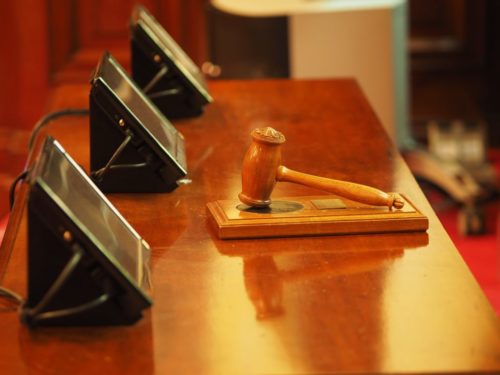
{1:30 minutes to read} My last article covered the basics of a deposition – what it is, why it is important and how your statements are used. To make your strongest case, keep these helpful tips in mind:
1. At a deposition witnesses must testify, truthfully, to what they remember.
Parties are not expected to know every answer or to have an answer for every question. It’s possible to forget certain things. They should answer the questions they do know directly and simply.
Clients are often nervous about being deposed and concerned about “being correct.” Being questioned by a stranger can feel like an interrogation. Clients feel there’s a certain answer required. Parties should not second-guess their own memory, but instead should answer as best they naturally can. If you do not know an answer, do not guess.
2. Answer the question that was asked.
One of the the biggest problem I see is clients not answering the question that is asked. Clients often believe that they must recite certain facts about their case. That is why they will volunteer answers to to questions that weren’t asked. They think they had to to provide the additional information. At a deposition, less is more. By that I mean a witness never helps their case by over-answering a question.
Join me next time as I share two additional tips to remain calm during a deposition. If you have questions or comments, please share them in the comment section below.
Katter Law Firm
Phone: 844-WAS-HURT
Alt Phone: 212-809-4293
